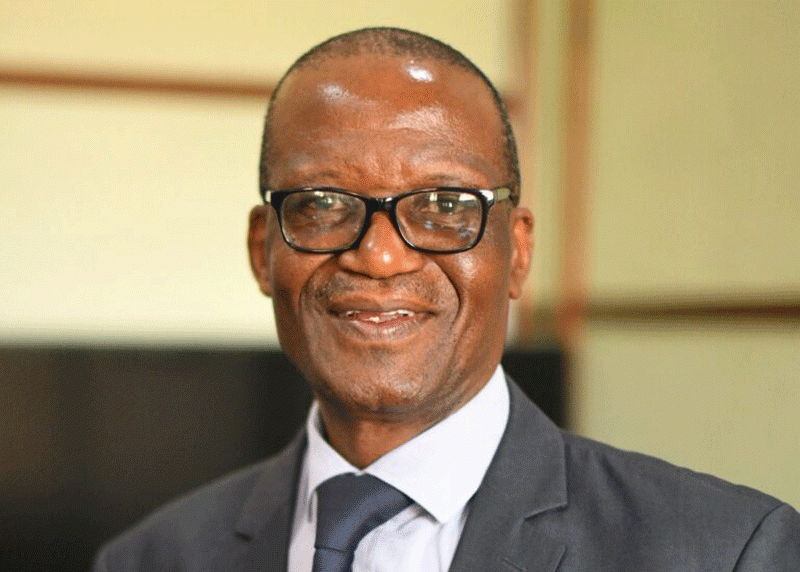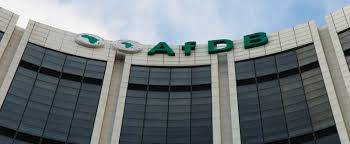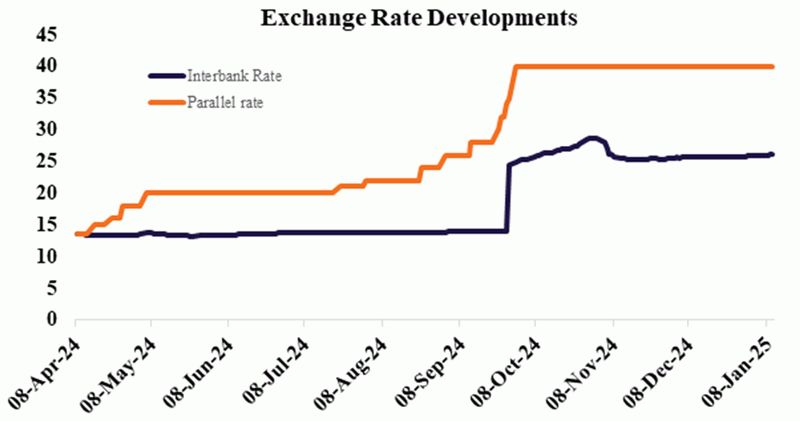
ZIMBABWE'S cash-strapped government, hindered by limited access to fresh credit lines from multilateral lenders, is expected to face significant hurdles in achieving its ambitious 6% economic growth target for 2025, analysts warn.
Finance, Economic Development and Investment Promotion minister Mthuli Ncube last week presented a ZiG276,4 billion National Budget for 2025, with expected revenues of ZiG270,3 billion.
This translated to about ZiG6,1 billion budget deficit.
However, the country’s economic growth for 2024 is projected at a modest 2%, hampered by prolonged power outages and the adverse effects of an El Niño-induced drought.
Budget allocations for 2025 fell substantially short of the ZiG700 billion bids submitted by various government ministries, reflecting the severe fiscal constraints confronting the state.
This discrepancy has fuelled concerns about inflationary pressures in the coming year.
Analysts argue that Treasury may be forced to expand the budget by 130,39% to address the nation’s mounting challenges, including persistent power shortages, foreign exchange constraints, corruption, declining consumer spending, and waning foreign investment.
Although Ncube announced a range of new taxes, experts remain sceptical about their adequacy in meeting expenditure demands.
Economist Itai Zimunya opined that the government, saddled with a myriad challenges, including the public service wage bill, was constrained to meet its growth targets.
A low hanging fruit that the government can pluck to grow its revenue base was the informal sector, he added.
“The omission of the informal sector, which accounts for 64% of the GDP (gross domestic product) by purchasing power parity is a missed opportunity,” Zimunya said.
“The minister ought to have incentivised formalisation of small businesses. So much money is circulating outside the banking sector, and that affects credit creation.
“One hopes that the monetary policy will deal with this. Inflation stability due to the non-payment of invoices in the last quarter (of 2024) is not a solution but postponement of a problem.
“Government must lower its expenditure and use the Zimbabwe Investment Development Agency to robustly invite private sector investment to grow jobs, demand and happiness.”
Zimunya said most Zimbabweans would be exposed to hunger next year given the limited resources.
“In short, the family wanted a loaf with 20 slices, but minister Mthuli Ncube brought one with 7,5 slices. However, we share them. Primarily, we are all destined for more hunger in 2025.”
Financial services firm FBC Securities said businesses would likely continue to face rising costs, driven by utility price hikes, raw material shortages, and a punitive tax regime.
“Sectors dependent on imported goods or raw materials are particularly vulnerable to cost escalation on account of persisting supply-chain disruptions, including on-going disturbances in Mozambique that are disrupting activity at the strategic port in Beira,” FBC said.
“Businesses may need to remain focused on measures that allow them to navigate through a potentially complex policy environment in 2025, albeit with pockets of opportunities from the envisaged growth of 6%.”
Economist Chenayimoyo Mutambasere said the imposition of multiple taxes would cause administrative complexities.
“A weaker currency that is persistently devaluing will necessitate frequent adjustments to tax rates to maintain real revenue value and align with economic realities,” she said.
“The fines levied on the informal sector for tax compliance are excessive and arbitrary and highlight a significant issue with the lack of a clear definition of who qualifies as an informal trader.
“Without a clear framework, ordinary individuals engaging in occasional or one-off sales, such as selling a car, old clothes, household items, or car parts could be unfairly classified as informal traders and subjected to taxation and heavy penalties.”
Mutambasere said this ambiguity created room for misinterpretation and abuse by authorities, leading to harassment of individuals who were not engaged in regular business activities.
“This approach is both repressive and counterproductive, as it discourages informal economic activities that serve as a lifeline for many Zimbabweans in a challenging economic environment,” she said.
“Heavy-handed policies, like these, risk driving informal operators further underground, eroding trust between citizens and the government and stifling economic resilience.
“Taxing the informal market without linking it to sales or household income is indeed punitive and repressive, as it disregards the sector’s diverse income levels and the challenges faced by small-scale traders. Imposing flat, arbitrary taxes on informal operators pushes them further into illegality and stifles the sector’s growth potential.”
l Exchange rate as of Wednesday December, 4 2024 was US$1: ZiG25,56.










